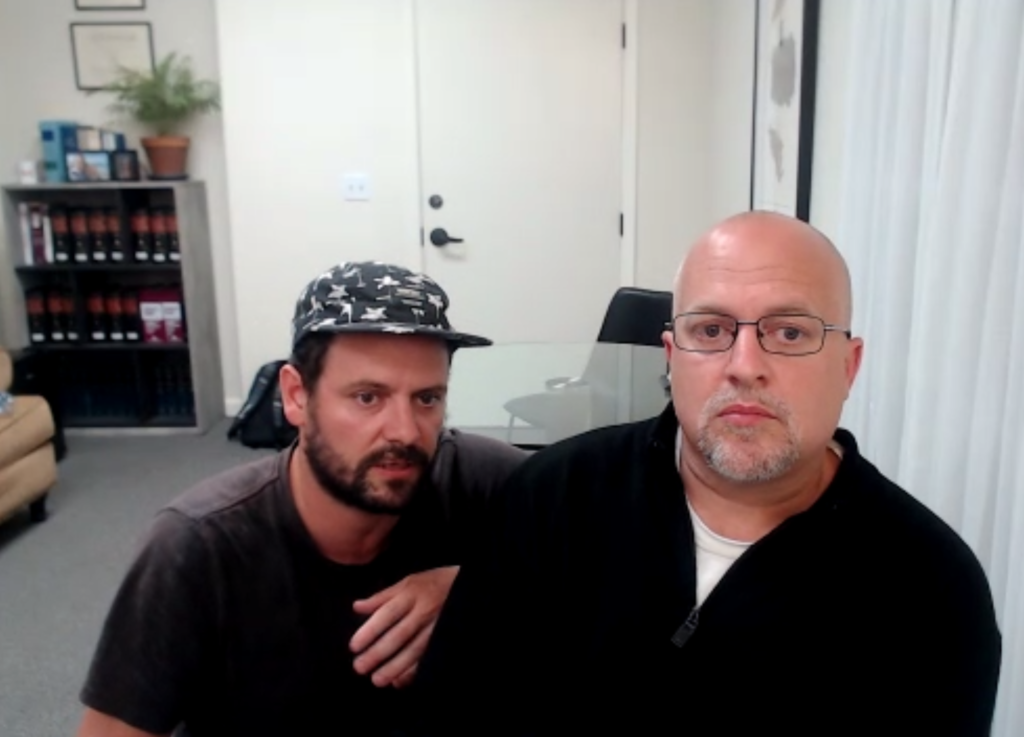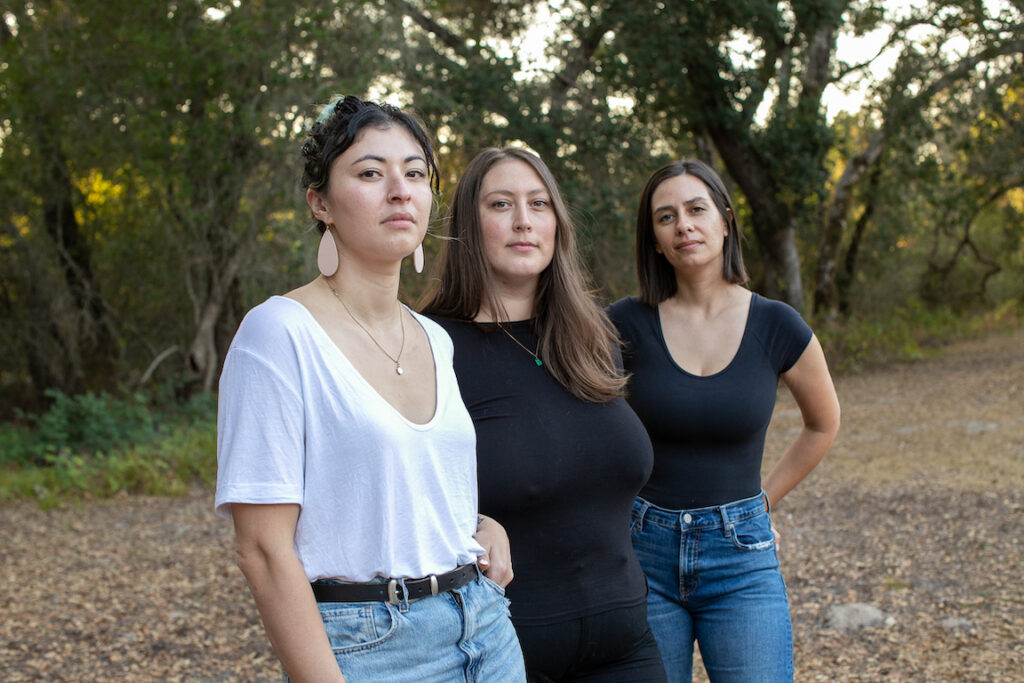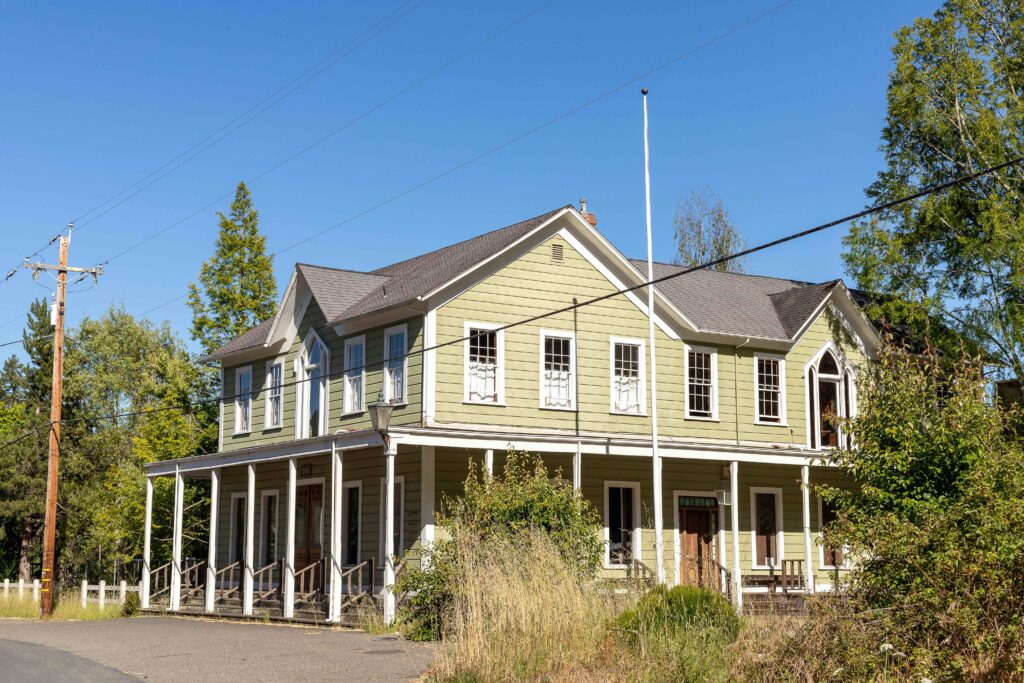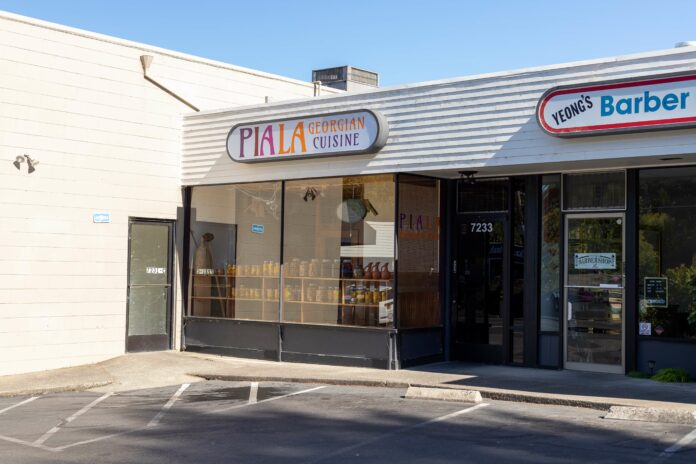When a Sebastopol restaurateur accused of sexual assault was denied an alcohol license for his latest business venture, he appealed to the city’s planning commission, leading to an hours-long Zoom meeting last week with dozens of emotional public comments and no resolution.
Nine months ago, as documented in reporting by the Bohemian and the San Francisco Chronicle, more than a dozen people—former employees and Sonoma County residents—accused Lowell Sheldon of sexual assault, harassment, serving alcohol to underage employees and creating toxic work environments in establishments he co-owned. In response to allegations against him and a subsequent HR investigation, Fern Bar, Khom Loi and, later, Handline bought Sheldon out of his ownership share.
Now, Sheldon is seeking to open Piala Georgian Cuisine in Sebastopol, as well as a new multi-faceted business at the Freestone Hotel. The future of Piala, described as a restaurant and wine bar, seems to rest on whether Sebastopol officials will grant an alcohol license; as a food-only business, Sheldon’s partner, Jeff Berlin, told the Sebastopol Planning Commission that profit margins would be too slim for it to succeed. Meanwhile, Permit Sonoma advised Sheldon to withdraw or amend his proposed plan for the Freestone Hotel, an historic landmark located in the unincorporated community of Freestone, based on numerous zoning code issues.
In late May, the City of Sebastopol denied Piala an alcohol license. Planning Director Kari Svanstrom told the Press Democrat that she declined to issue the license primarily because of a protest letter she received, signed by 18 people, which stated, “Lowell Sheldon has shown repeatedly that he lacks the professional and moral character to be allowed to operate an alcohol-related business.” The letter also described Sheldon as a “threat to community safety.”
After Sheldon and his business partners, Berlin and Noah Churma, appealed the denial, the decision went to the Sebastopol Planning Commission, leading to the unprecedented June 28 meeting. Before the state Alcohol Beverage Control (ABC) agency will consider an application for an alcohol license, planning commissions must grant an alcohol use permit. Their decision considers whether a permit will adversely affect the health, safety or welfare of residents.

More than 50 people attended the Planning Commission meeting, and nearly two dozen provided live public comment, in addition to nearly 170 pages of written remarks submitted in advance, in opposition to and in support of Sheldon’s project advancing. During the meeting, Sheldon received about a dozen supportive comments from friends, colleagues and family members. Several commenters said that he deserves a second chance.
Speaking against Sheldon, his former employee, Jesse Hom-Dawson, said, “This is behavior that goes back over 13 years. This is not his second chance, nor his 10th, nor his 20th. When Sheldon tells you the problem is three disgruntled former employees, not the consequences of his own actions, he does not understand the harms he has caused and has not demonstrated meaningful change.”
Other dissenters included former employees of Sheldon and concerned Sonoma County residents, some of whom cited first-hand experiences of behavior that caused them alarm. A West County bartender and two owners of a Sebastopol coffee shop each wrote letters opposing the license, describing that Sheldon was no longer welcome at their businesses because he had been a disrespectful customer who made guests and employees uncomfortable.
Supporters of the project focused on their enthusiasm for Sheldon’s business partner, Jeff Berlin, wine specialist and founder of celebrated Oakland restaurant À Côté.
While commissioners expressed enthusiasm for Piala’s cuisine and confidence in Berlin, none of the four commissioners present felt comfortable granting the license to Piala.
Sheldon and his partners emphasized that Sheldon’s role will not involve managing personnel at the restaurant.
Commissioner Deborah Burnes said, “If you’re an owner—regardless of whether he’s taking a managerial role or not—when an owner is on the premises, they have a position of authority.” She went on to ask Sheldon if he would be open to not ever being in the restaurant, even as a guest.
Sheldon responded, “I can agree to every other mitigation… but, if we can’t find a way for me to be a citizen in this town, then we can’t agree to that.”
Ultimately, the commissioners voted to return to the topic on July 12, instructing Planning Department staff to outline more stringent conditions under which the commission might approve Piala’s alcohol license. Whatever is ultimately decided, it can be appealed once more, leaving the choice in the hands of Sebastopol City Council.

The Bohemian recently spoke to four of Sheldon’s accusers regarding their ongoing concerns about Sheldon—Hom-Dawson, Leah Engel, Alexandra Lopez and Jane Doe, the anonymous woman who filed a police report alleging that Sheldon sexually assaulted her after dinner at his home. These sources shared that Sheldon proactively sought out a restorative justice collective in late 2021 and that Sheldon and the collective ceased working together in May 2022.
This reporter reviewed messages Sheldon’s accusers exchanged with the restorative justice collective between November 2021 and May 2022, including a document titled, “Survivor Demands for Lowell Sheldon.” Note: While Sheldon and the collective signed confidentiality agreements about their work together, his accusers also met repeatedly with the collective about Sheldon, but say they never entered a formal process nor signed any confidentiality agreement.
Among their listed demands, the women wrote that Sheldon should, “minimize contact and communication with survivors in every context.”
The document includes detailed instructions for how to initiate contact if he wished to offer an apology. Responding to their demand list via email, a facilitator at the restorative justice collective confirmed to the women that Sheldon agreed that neither he nor any member of his family would contact anyone on the list included in the demands.
“By Lowell working with them, he now has the ability to say that he worked with this group that focuses on restorative justice, without having actually done any of the work. The process for us did not result in our requests being met, even the ones he agreed to,” says Doe.
Via email, the Bohemian asked Sheldon, “Can you elaborate on your relationship with the restorative justice group you worked with? How frequently did you meet? What did you learn from your work together? How do you feel the work has changed you?”
Sheldon responded, “The [restorative justice] process is private and is not appropriate to discuss with [the] media.”
However, Sheldon has brought it up in at least two emails appealing to prospective supporters.
When the alcohol license for Piala was first denied, Sheldon wrote an email addressed to “Friends and Sebastopol Community,” to request letters of support. In the email, he describes that he has undergone “6 months of weekly work with an organization specializing in Restorative Justice to better understand my impact on those around me….”
Eight of the letters of support Sheldon received and shared with the Sebastopol Planning Commission cite that he has participated in restorative justice training.
“Lowell has worked exhaustively through personal therapy and specialized programs emphasizing restorative justice training and has made many attempts to engage in conflict resolution with his aggrieved detractors,” writes Berlin.
On June 9, Sheldon wrote an email to Engel, Lopez and Hom-Dawson that they shared with the Bohemian. The message opened with personal apologies to each of them.
Sheldon then wrote, “Lastly, I want you to know that your work to keep me from moving forward with my professional life is counterproductive. It turns many people in this community against your cause. Most importantly, it does damage to our ability to learn from your perspective and grow in ways we all surely could.”
To the message, he attached the letters of support he had received.
Hom-Dawson says, “The letter was meant to be intimidating. It was a threatening letter under the guise of goodwill.”
In her statement to the Sebastopol Planning Commission, Lopez writes, “There have been several occasions over the past few years where I have had to ask that Sheldon not contact me directly in any form, and yet he continues to demonstrate that my boundary is not important by sending me emails or allowing his family members to contact me.
In an email to the Bohemian, Sheldon said “I emailed Jesse, Leah and Alexandra a genuine apology and expressed my hope that we gracefully move on with our lives.” Referring to an angry response he received from Hom-Dawson, Sheldon wrote, “Their email makes clear they are out to block me from moving on with my life and do not share my desire to find a healthy path forward.”
Engel says, “He keeps saying how important he is to the community and what this new restaurant will bring to it. But we are his community, we live here and we work here, and he manipulated and assaulted us. It shouldn’t matter how many fundraisers you’ve done or how many local farmers you’ve supported, if at the same time you’re abusing your workers.”

While concerns about Sheldon’s character are determining the fate of Piala’s alcohol license, Sheldon’s proposed Freestone Hotel business is hamstrung by the scope and intensity of the project, which Permit Sonoma found in a June 7 letter to exceed the zoning designation for the area.
Zoning designations are outlined in the Sonoma County General Plan, a master policy document that “provides guidance, prioritizes, organizes, and directs the patterns of land use throughout the unincorporated County in ways that best serve the interests identified by citizens and stakeholders,” according to Permit Sonoma’s website.
In much of the unincorporated area of West County, including the community of Freestone, the General Plan limits expansion beyond the businesses that operated in 1989. Sheldon and his partners purchased the Freestone Hotel in 2021.
Under previous ownership, the property was used as a single-family home with a small antique shop and nursery business. Sheldon’s plan would require four conditionally-permitted uses – a five-room bed & breakfast inn, a beer and wine tavern, a beer and wine shop, and a general retail space.
Permit Sonoma found that operating a tavern within the same building as the inn, “appears to conflict with the classification of the use as a residential structure, and may further support an expansion of use inconsistent with the General Plan.” Permit Sonoma notes that food service for a bed and breakfast may only include breakfast and may only serve guests of the inn.
The letter also outlines that the proposed outdoor kitchen and dining area are prohibited by the zoning for the district. Creating new parking spaces to serve the project and utilizing an off-site septic location for waste treatment were also found to be inconsistent with the General Plan.
Given all of these findings, the letter concludes that Permit Sonoma is unable to support Sheldon’s request as proposed.
Eric Konigshofer, a planning commissioner for District 5, explained that the policies outlined in the General Plan are based on many factors, including availability of natural resources. “It’s a water-scarce area… the most constrained geographical and geological area in terms of water.”
Konigshofer said that, even in the late 1980s when officials were creating the policy to limit expansion in the region, concerns about water scarcity and septic capacity were front and center.
In an email, Sheldon told The Bohemian, “We are committed to shepherding the Freestone Hotel back into a business that can serve our community.”
Even if the Freestone Hotel project can come into compliance with the General Plan, it too faces challenges from community members who do not feel safe with Sheldon at the helm. To date, nearly 800 people have signed a Change.org petition titled Keep Freestone Safe, calling for Sheldon’s removal from the project.









